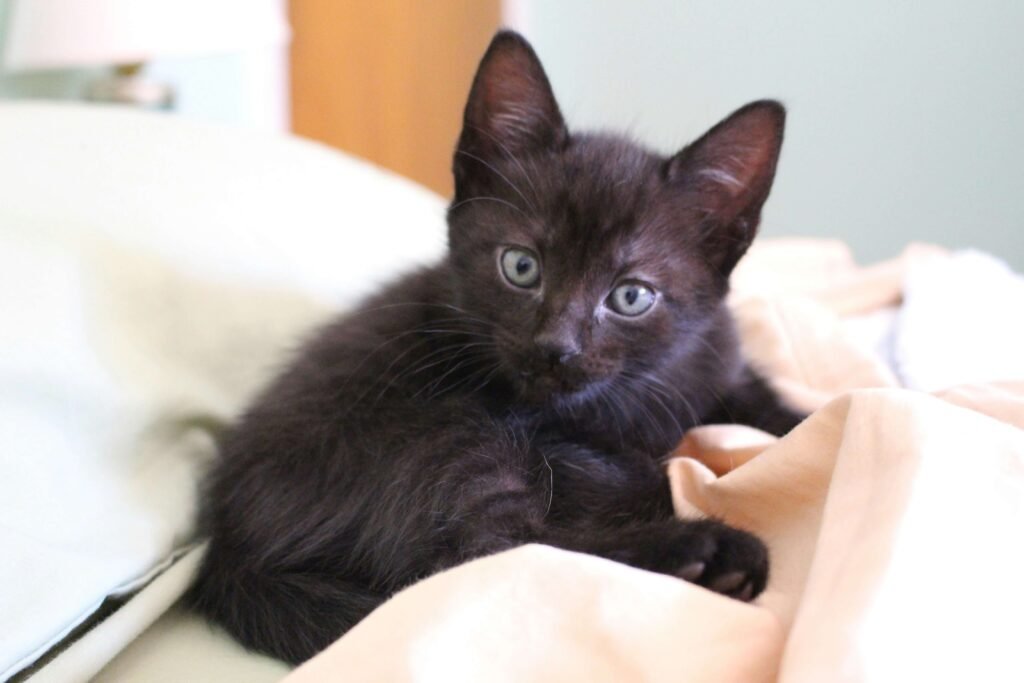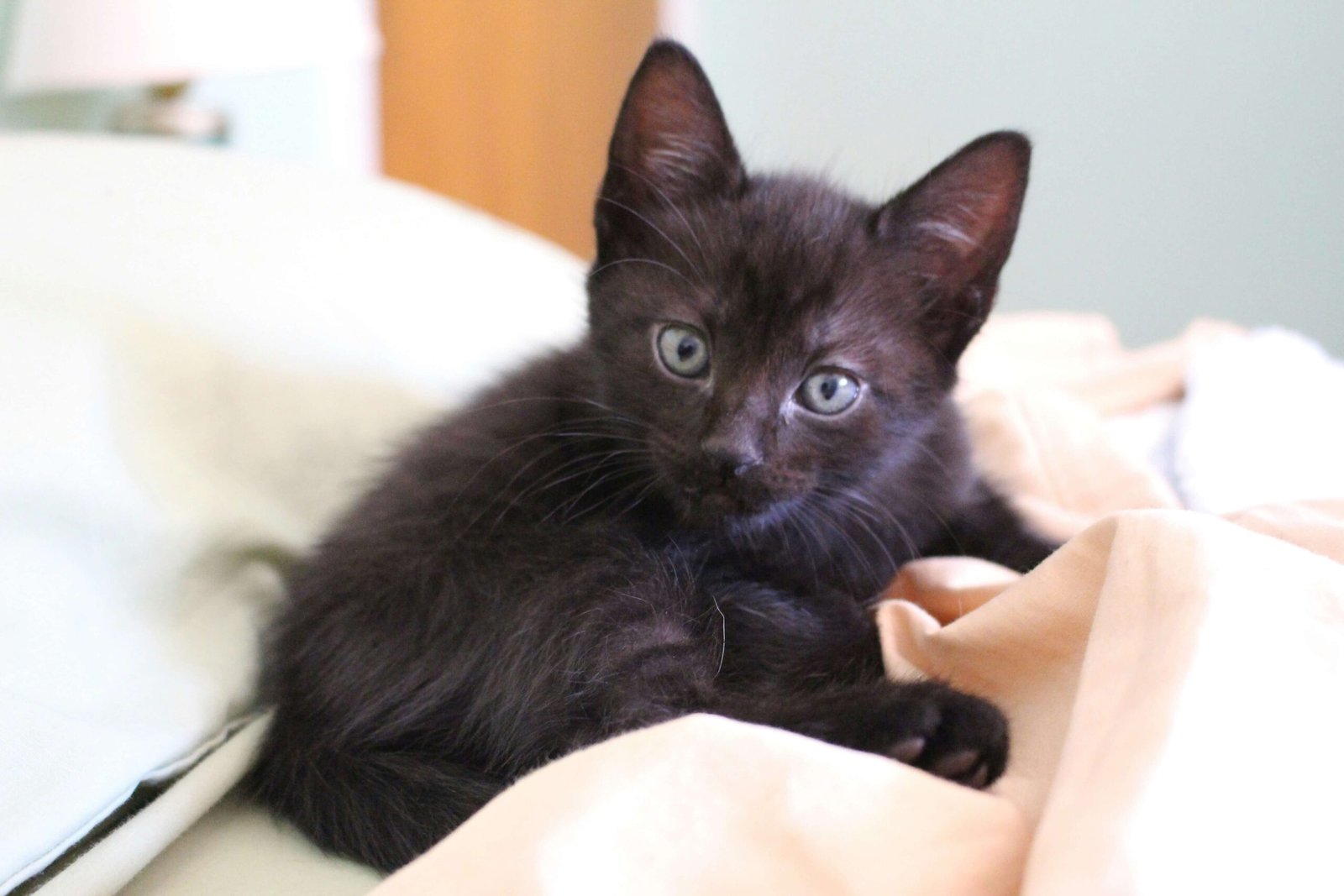Can Cats Eat Pineapple? A Sweet Treat or a Feline Faux Pas?
When it comes to treating our feline friends, many pet owners are curious about what human foods are safe to share. One question that often pops up is whether cats can eat pineapple. This tropical fruit is a favorite for its juicy sweetness and vibrant flavor, but is it suitable for our furry companions? In this blog post, we’ll dive into the details to help you understand if pineapple is a safe snack for your cat—and how much of it, if any, they can enjoy without harm. Let’s explore the facts and debunk the myths surrounding cats and pineapple consumption.
Is Pineapple Safe for Cats? Key Considerations
Before offering your cat a bite of pineapple, it’s essential to understand the factors that determine whether this fruit is safe for them. While small amounts of pineapple may not be harmful, there are important considerations to keep in mind. Here’s a breakdown of what you need to know:
Natural Diet of Cats : Cats are obligate carnivores, meaning their bodies are designed to thrive on a diet primarily made up of meat. Their digestive systems are not optimized for processing large amounts of fruits or vegetables.
Sugar Content in Pineapple : Pineapple contains natural sugars, which can be difficult for cats to digest in excess. Too much sugar can lead to stomach upset or even contribute to obesity over time.
Potential Allergies : Some cats may have sensitivities or allergies to certain fruits, including pineapple. Introducing new foods should always be done cautiously to avoid adverse reactions.
Moderation is Key : If your cat shows interest in pineapple, a tiny piece as an occasional treat is unlikely to cause harm. However, moderation is crucial to prevent digestive issues.
Avoid Processed Pineapple : Canned or processed pineapple often contains added sugars or preservatives, which can be harmful to cats. Always opt for fresh pineapple if you decide to offer it.
In summary, while pineapple isn’t toxic to cats, it’s not a natural part of their diet either. Proceed with caution and consult your veterinarian if you’re unsure about introducing new foods.
Health Benefits of Pineapple for Cats (in Moderation)
Believe it or not, pineapple does offer some potential health benefits for cats when given in small, controlled amounts. While it shouldn’t replace their regular diet, here are some reasons why a tiny taste of pineapple might be beneficial:
Rich in Vitamins : Pineapple contains vitamins like vitamin C and vitamin B6, which can support your cat’s immune system and overall health.
Hydration Boost : The high water content in pineapple can help keep your cat hydrated, especially during warmer months.
Dietary Fiber : Pineapple has fiber, which can aid digestion in small amounts. This might be helpful if your cat occasionally struggles with constipation.
Antioxidant Properties : The antioxidants found in pineapple can help combat free radicals in your cat’s body, promoting long-term health.
Encourages Exploration : Offering a small piece of pineapple can provide mental stimulation and encourage your cat to try new flavors.
While these benefits are worth noting, remember that moderation is key. Overfeeding pineapple can negate these positives and lead to unwanted side effects.
Check this guide 👉Can Cats Eat Cucumber? Best 7 Health Tips!
Check this guide 👉Can Cats Eat Corn? Best 7 Expert Health Tips!

Pros of Feeding Pineapple to Cats | Cons of Feeding Pineapple to Cats |
|---|---|
Contains vitamins like C and B6 | High sugar content can upset digestion |
Provides hydration due to water content | Not a natural part of a cat’s diet |
Antioxidants support long-term health | Potential for allergic reactions |
Encourages mental stimulation | Processed pineapple can be harmful |
Small amounts may aid digestion | Excessive feeding can lead to obesity |
Signs Your Cat May Not Tolerate Pineapple
While some cats may enjoy a nibble of pineapple, others might not tolerate it well. It’s important to monitor your cat closely after introducing any new food. Here are signs that pineapple might not agree with your feline friend:
Vomiting : If your cat vomits shortly after eating pineapple, it could indicate an intolerance or sensitivity to the fruit.
Diarrhea : Loose stools are a common reaction to foods that are difficult for cats to digest, such as those high in sugar.
Lethargy : A sudden lack of energy or enthusiasm could signal that your cat is feeling unwell after consuming pineapple.
Excessive Drooling : Some cats drool excessively when they’ve eaten something that doesn’t sit well with them.
Loss of Appetite : Refusing to eat their regular meals after trying pineapple might mean their stomach is upset.
If you notice any of these symptoms, stop offering pineapple immediately and consult your veterinarian for advice.
How to Safely Introduce Pineapple to Your Cat
If you decide to let your cat try pineapple, it’s important to do so safely. Follow these steps to ensure your cat enjoys the experience without any negative consequences:
Start with a Tiny Piece : Offer a very small piece of fresh pineapple to see how your cat reacts. Avoid giving them large chunks.
Observe for Reactions : Watch your cat closely for any signs of discomfort or digestive issues after they’ve eaten the pineapple.
Remove the Skin : Always peel the pineapple and remove the tough outer skin before offering it to your cat. The skin can pose a choking hazard.
Limit Frequency : Pineapple should only be an occasional treat, not a regular part of your cat’s diet.
Consult Your Vet : If you’re unsure about introducing pineapple or any other human food, seek advice from your veterinarian first.
By following these guidelines, you can minimize the risks and ensure your cat stays healthy while enjoying a new flavor.
Nutritional Needs of Cats vs. Human Foods
Understanding the nutritional needs of cats is crucial before introducing any human food, including pineapple. Cats have specific dietary requirements that differ significantly from humans. Here’s a breakdown of how their needs contrast with the foods we often enjoy:
High Protein Requirement : Cats need a diet rich in animal-based protein to support muscle development and overall health. Human foods like fruits often lack the protein cats require.
Low Carbohydrate Tolerance : Unlike humans, cats don’t process carbohydrates efficiently. Fruits like pineapple contain natural sugars that can disrupt their digestive balance.
Essential Amino Acids : Cats require taurine and other amino acids found in meat. These are absent in plant-based foods, making pineapple nutritionally incomplete for them.
Fat as an Energy Source : Cats rely on fats for energy rather than carbohydrates. Pineapple lacks the fat content necessary to meet their energy needs.
Hydration Through Food : While cats benefit from moisture-rich foods, they should come from sources like wet cat food rather than fruits.
In conclusion, while pineapple may seem like a harmless treat, it doesn’t align with the nutritional profile cats need to thrive. Always prioritize foods specifically designed for feline health.
Common Mistakes When Feeding Cats Human Foods
Many pet owners unknowingly make mistakes when sharing human foods with their cats. These errors can lead to health issues or discomfort for your feline companion. Here are some common pitfalls to avoid:
Overlooking Portion Sizes : Even safe foods like small amounts of pineapple can cause problems if given in excess. Cats have tiny stomachs and sensitive digestive systems.
Ignoring Individual Tolerances : Not all cats react the same way to human foods. What works for one cat might upset another’s stomach.
Feeding Processed Variants : Offering canned, dried, or sweetened versions of fruits can introduce harmful additives like sugar or preservatives.
Assuming All Fruits Are Safe : Some fruits, like grapes or cherries, are toxic to cats. Always research before introducing any new food.
Neglecting Veterinary Advice : Skipping a consultation with your vet can lead to unintentional harm, especially with foods outside a cat’s natural diet.
Avoiding these mistakes ensures your cat stays healthy and happy. When in doubt, always err on the side of caution and consult a professional.
Alternative Treats for Your Cat
If you’re looking for safer and more appropriate treats for your cat, there are plenty of options that align better with their dietary needs. Here are some alternatives to consider:
Cooked Chicken or Turkey : Plain, unseasoned cooked chicken or turkey provides high-quality protein without unnecessary additives.
Pumpkin Puree : Unsweetened pumpkin puree can aid digestion and is a favorite among cat owners for its fiber content.
Fish in Moderation : Small amounts of cooked fish, like salmon or tuna, can be a tasty and nutritious treat. Avoid seasoning or oils.
Specialized Cat Treats : Commercially available cat treats are formulated to meet feline nutritional needs and are a convenient option.
Freeze-Dried Meat Snacks : Freeze-dried liver or beef snacks offer a protein-packed option that cats love.
These alternatives provide a safer way to reward your cat while ensuring their dietary needs are met. Remember, treats should never exceed 10% of your cat’s daily caloric intake.
FAQ
Can cats eat canned pineapple?
No, canned pineapple often contains added sugars and preservatives, which can be harmful to cats. Stick to fresh pineapple if you decide to offer it.
Is pineapple toxic to cats?
Pineapple is not toxic to cats, but it’s not a natural part of their diet. Feed it sparingly to avoid digestive issues.
How much pineapple can I give my cat?
Limit pineapple to a very small piece as an occasional treat. Avoid making it a regular part of their diet.
Can kittens eat pineapple?
Kittens have more sensitive digestive systems, so it’s best to avoid giving them pineapple altogether.
What should I do if my cat eats too much pineapple?
Monitor your cat for signs of digestive upset, such as vomiting or diarrhea. Contact your vet if symptoms persist.
Final Thoughts: A Balanced Approach to Feeding Pineapple to Cats
While pineapple isn’t inherently dangerous for cats, it’s important to approach feeding it with caution. Cats are obligate carnivores, and their nutritional needs are best met through a balanced diet tailored to their species. Pineapple can be an occasional treat, but it should never replace their regular meals or become a dietary staple. Always prioritize your cat’s health by introducing new foods gradually and consulting your veterinarian if you’re unsure. By doing so, you can ensure your feline friend stays happy, healthy, and satisfied—whether they enjoy a nibble of pineapple or stick to their favorite kibble.
Do Cats Have Taste Buds? Best 7 Expert Tips! – Discover how cats experience flavors and why their taste is so unique.
Do Dogs Have Taste Buds? Best 7 Expert Tips! – Discover how dogs experience taste, their preferences, and what it means for their diet and health.
Can Cats Taste Sweet? Best 7 Expert Tips! – Discover why cats can’t taste sweetness, how it affects their diet, and tips to keep them healthy and happy.
Can Dogs Taste Sweet? Best 7 Expert Tips! – Discover how dogs perceive sweetness, which foods are safe, and tips to manage their sweet cravings responsibly.





